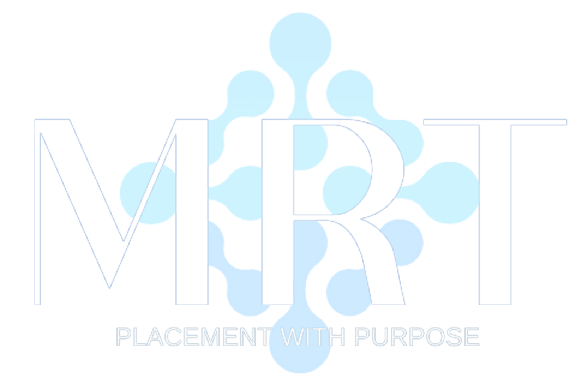April 3, 2023
Recession? Keep Hiring Talent!
Your people are your biggest asset.
Cutting that asset in a recession should be a last resort. Here’s why.
Just as much as the fear of uncertainty consumes business leaders and employers, employees can feel the pressure and fear of job loss even more. Leading in a time of uncertainty separates those with emotional intelligence from those who do not know how to lead with a people-centric mindset.
The looming idea of a recession has brought many business leaders to strategize their reactions to an economic downturn. Hiring freezes, promotion cuts, and training should be left for desperation. At the end of 2008, unemployment increased 13% from the year prior. Layoffs were seen around the country, leaving those employed with lower morale and productivity.
New Talent, Means New Ideas
While the volume of hiring can change, do not stop hiring altogether. Onboarding new talent during a recession brings new perspectives, which can be a solution source during difficult times. Keeping fresh talent on your team creates a ripple effect throughout the company:
- Employees spend less time worrying about their job security and stay motivated on their tasks.
- Clients and customers see your company is positively navigating an economic recession and is not shadowed by mass layoffs.
- Investing in talent throughout difficult times makes employees feel valued for their hard work and efforts.
- New talent creates new and innovative conversations, which allows pioneering processes and ideas to continue even during a recession.
In desperate times, hiring may freeze altogether. Ensure clear and constant communication with your current staff and make them aware of the situation at hand. The more they know in advance the better they can prepare and create a plan. Since the pandemic, the workforce ranks having an empathetic and communicative leader as one of the top job qualities they look for in future roles. How leaders react to a recession can determine the quality of talent looking and interviewing for their company in the future. If a hiring freeze begins:
- Keep in contact with quality talent during these months. Collect resumes, network, and grow your LinkedIn presence. When hiring picks up again, you want to have access to the talent that will keep your business growing.
- Create a hiring plan for when hiring resumes. Knowing what roles need filling, what contacts you already have on file, who is leading the interview and onboarding team, and what training needs to be prepared is vital. Quick action needs to be taken to return business to normal and compete with other companies.
- Do not stop training employees, if possible. While hiring may be cut, investing in your current workforce is essential. Employees who are invested feel valued and create loyalty between employee and employer. Consistently untrained employees can lead to high turnover, loss of business, lack of business growth, low production, and unsafe environments; all factors not needed during a recession.
- Find an industry recruiter. When hiring picks up again, a Recruiter can be an effective and efficient way to onboard quickly and lower hiring costs. With years of industry knowledge, they will know what companies need for their team. Hiring the wrong person can cost up to 30% of their first year salary; an unnecessary cost after a recession.
Overall, leaving a hiring freeze as the last resort is one of the most strategic steps you can take during a recession. Cutting your most important asset during an economic downturn will lead to more difficult challenges in the future. Competing with other companies means competing for talent, and losing those talented individuals during a recession is difficult to recover from.
Manufacturing and Unemployment
In 2008 as a whole, nearly 800,000 manufacturing jobs were lost. However, from recent surveys, it seems that 62% of manufacturing leaders are strategizing for a possible recession, and defunding hiring and training is not in most of their budget cuts. Taken from The National Association of Manufacturers and their Outlook Survey:
- 76% of respondents listed attracting and retaining a quality workforce as their primary business challenge.
- 66% listed supply chain challenges as their next biggest issue.
- 60% also said they are struggling with increased raw material costs.
However, even during a recession, their main priority sticks to retaining and recruiting the right talent on the market, and they plan to do the following:
- Capital spending on new equipment and technological investments (65%)
- Upskilling and training of existing workforce (64%)
- Seeing solid demand for their company’s products (63%)
- Hiring new employees (55%)
- Investing in research and development (52%), and
- Spending on new structures and existing facilities (39%)
Most manufacturing leaders plan on keeping training and hiring as a top priority through a possible recession. Even with a looming recession overhead, manufacturing revenue in the U.S. is still predicted to grow over 5% this year, creating an average of 19,000 newjobs per month in 2023.
MRT Can Help
With the possibility of a recession and recruiting and retaining talent being a top solution for overcoming business and financial obstacles, partnering with an experienced recruiter can be your next strategic step. If you would like more information on how our services can help overcome your business problems, reach out to our Co-Owners, Jerry Jones and Craig McMillan.

